9V batteries are a go-to choice for many devices, such as smoke detectors, wireless microphones, guitar pedals, and whatnot. With their compact size and dependable performance potential, it's no surprise they're so popular - yet understanding these power sources is essential to ensure safe usage. Have you had any questions or encountered any issues?
This article will provide answers to the common queries surrounding 9V batteries, what causes problems, and how you can easily solve them.
Common Questions About 9V Batteries
How long do 9V batteries last?
On average, 9V batteries can provide power for up to 5 years, depending on the device's energy consumption and frequency of use.Find more information form blog: how long do 9v batteries last
How do I know when my 9V battery is dying?
When a 9V battery runs out of power, the device powered by it may start to malfunction or stop working altogether. Other signs of a dying 9V battery may include a decrease in volume or quality of sound or a low-battery warning from the device.
Can I recharge a 9V battery?
It's critical to always double-check the label of a 9V battery before plugging it in. Some are rechargeable and must be charged with the appropriate charger, while others cannot be recharged, which can cause hazardous damage if done incorrectly. Avoid any mishaps by making sure you have read and understood all instructions before charging your battery!
Are all 9V batteries the same?
Absolutely not! There exists a broad spectrum of 9V batteries, including alkaline, lithium-ion, and NiMH rechargeable varieties. All have their own respective characteristics that manifest in terms of capacity, longevity, and potency.
What's 9V battery shape?
A 9-volt battery typically has a rectangular prism shape-9 volt square battery, with dimensions of approximately 48.5mm x 26.5mm x 17.5mm (1.9 in x 1.0 in x 0.7 in). The battery has two small terminals at the top, which are used to connect it to a device or circuit.
Alkaline 9V batteries: 9V batteries are the most popular type and can be found in countless devices inside homes, like smoke detectors, remote controls, toys, and more. With a long-lasting shelf life as well as a high energy density that ensures low-drain applications work optimally - it's no wonder they're the go-to choice when it comes to power sources!
Lithium 9V batteries: Although lithium batteries come with a higher price tag, they offer outstanding performance and prolonged life. For instance, digital cameras make use of these superior batteries, which can provide more power than alkaline ones due to their high drain.
Rechargeable 9V batteries: Rechargeable batteries are an economical and eco-friendly option, as they can be reused multiple times. Unfortunately, their capacity is typically weaker than that of non-rechargeable batteries and their lifespan is shorter; yet the convenience of being able to reuse them makes rechargeable batteries a great choice for those looking to reduce waste while saving money.
What should I do with my used 9V batteries?
To ensure environmental safety and sustainability, used 9V batteries should be recycled. Fortunately, many retailers offer their own battery recycling programs or have partnered with local governments to provide free drop-off locations for easy disposal of these items.

Can I use a 9V battery in place of AA or AAA batteries?
Absolutely, You can join AA or AAA batteries in series to get an increased voltage. A 9v battery offers up to around 9.3 volts when fresh and discharges down as far as 4.8 volts; however, usually, it's about 5.4 volts at the endpoint for practical purposes.
How does the voltage of a 9V battery compare to other batteries?
With a higher voltage output than AA and AAA batteries, 9V power cells are ideal for devices that need an extra kick of energy - think smoke detectors or other household appliances, the sky’s the limit.
Can a 9V battery leak or explode?
When mishandled or put in extreme temperatures, 9V batteries can be both hazardous and dangerous, as they may leak or even explode. To avoid such potential risks, it is imperative that you store and handle them carefully! You can know more from here: How To Solve Battery Leakage Problems?

Are 9V batteries safe to use in children's toys?
Of course! 9V batteries are entirely safe to use in kids' toys as long as they are properly managed and stored. Nevertheless, it is essential to review the producer's advice for battery usage and safety protocols before proceeding.You can also know more form here: Batteries for toys.

Reasons For 9V Battery Problems
9V batteries power various electronic products like smoke alarms, remotes, and toys. Unfortunately, these batteries may not always perform optimally or even stop working altogether. Let's explore some potential causes for your battery issues:
Overuse:
Excessive battery usage shortens its lifespan and potentially leads to a decrease in power output or device malfunction. When overworked, the battery can no longer hold an adequate charge, which means you'll need to replace it sooner than expected.
Poor storage conditions:
To ensure optimal performance, your batteries must be stored at a temperature that is neither too hot nor too humid. If these factors are not taken into consideration, the battery could corrode and leak, which can cause permanent damage to devices as well as significantly reduce their power output. Therefore, remember to keep your batteries at optimum temperatures in an environment free of humidity!
Expired battery:
Using an expired battery can result in reduced power output or device malfunction. When a battery expires, its chemicals break down, reducing its overall capacity to hold a charge. It's important to check the expiration date of the battery before using it.

Incorrect installation:
Incorrectly installing batteries may cause the device to perform subpar or even become damaged. Placing a battery in the wrong place and inserting it into an instrument that needs another type of battery can have disastrous consequences for both the tool and the power source itself.
Manufacturing defects:
Sadly, some batteries are created with defects that can hinder their performance or result in an unexpected device malfunction. These manufacturing discrepancies might not be visible until you begin using the battery, so it's always important to examine your gear before use and make sure everything is functioning correctly.
Exposure to extreme temperatures:
Temperatures that are too hot or cold can wreak havoc on batteries, hindering their performance and potentially causing leakage. Excessive heat accelerates the breakdown of chemicals inside the battery, while freezing temperatures reduce chemical reactions, leading to weakened power output.
Damage from impact or pressure:
The consequences of mishandling a battery can be dire, from device damage to even physical injury. To prevent such serious issues, it is vital to exercise caution and treat batteries with the utmost care—think twice before dropping or crushing them!
Corrosion of battery contacts:
Exposure to moisture and air can lead to corrosion on battery contacts, consequently reducing device performance or even causing it to malfunction. Corrosion affects the contact between the battery and the device, meaning that you may not get optimal use out of your product. To avoid this problem, take measures such as regularly cleaning your contacts with a dry cloth or checking them for signs of wear and tear!
Over-discharging the battery:
Avoid the exhaustion of your device’s batteries at all costs – overcharging can lead to decreased performance or even a total breakdown. The key is to charge your battery before it runs out completely in order for it to last longer and remain in peak condition.
Attempting to recharge non-rechargeable batteries:
Recharging a non-rechargeable battery can be hazardous and might lead to dangerous leaks or explosions.
It's important to note that the full charge voltage of 9V rechargeable batteries and non-rechargeable batteries can differ. Non-rechargeable batteries, such as EBL 9V alkaline batteries, typically have a voltage above 9V when fully charged. On the other hand, rechargeable batteries like the EBL 9V lithium battery have a lower voltage range of between 8.2V to 8.4V when fully charged.
Therefore, using a rechargeable battery in a device designed for a non-rechargeable battery can result in voltage issues that may affect the device's performance. Additionally, attempting to recharge a non-rechargeable battery can be dangerous and potentially lead to leakage or even an explosion. It's crucial to always use the appropriate type of battery for the device and avoid attempting to recharge non-rechargeable batteries.
Solutions to 9V Battery Problems
Replacing the battery:
To maintain the ideal performance of any device, it is essential to replace a 9V battery that has lost power or is on its last legs with a fresh one.
Proper storage of batteries:
To ensure your batteries remain in top condition, keep them shielded from direct sunlight and stored in a dry environment with an optimal climate.
Checking expiration dates:
Before every use, make sure to check the expiration date on the battery in order to guarantee its usability.
Proper installation of batteries:
To ensure optimal performance and prevent any harm to your device, be certain you've properly installed the batteries in accordance with the instructions included.
Using high-quality batteries from reputable brands:
Investing in top-notch batteries from respected brands can guarantee reliable operation and reduce the likelihood of equipment breakdowns. EBL as one of the reputable battery wholesaler and retailer, we provide high quality batteries and chargers for sale and wholesale.
Avoiding exposure to extreme temperatures:
Avoid exposing batteries to extreme temperatures, including heat and cold, in order to prevent deterioration or decreased performance.
Avoiding impact or pressure on batteries:
Exercise caution when handling batteries; avoid dropping or putting too much pressure on them to avert any damage or leakage.
Cleaning battery contacts:
If battery contacts are encrusted with corrosion, clean them off using a mixture of baking soda and water for optimal results.
Using only rechargeable batteries in devices designed for them:
Putting non-rechargeable batteries in gadgets that are made for rechargeable batteries can cause irreparable harm to both the device and its battery.
Avoiding over-discharging the battery by turning off devices when not in use:
To maximize the longevity of your battery and avoid over-discharging, switch off devices when not in use, particularly if they are seldom used.
Conclusion
9V batteries are a common type of battery used in various devices, including smoke detectors, wireless microphones, and guitar pedals. It is essential to know about 9V batteries' common questions, reasons for problems, and solutions to ensure safe and proper usage.
Proper storage, installation, and usage of high-quality batteries from reputable brands can ensure reliable performance and reduce the risk of device malfunction or injury. By following the guidelines outlined in this article, users can maximize the lifespan and performance of their 9V batteries and the devices powered by them.
Thank you for taking the time to explore our comprehensive guide on 9V batteries. We hope this article has provided you with valuable insights and solutions to common questions.
Ready to power up? Visit our eblofficial store now to explore our range of high-quality 9V rechargeable batteries, 9V non-rechargeable batteries, and 9V battery chargers. Experience reliable and long-lasting power for your devices.

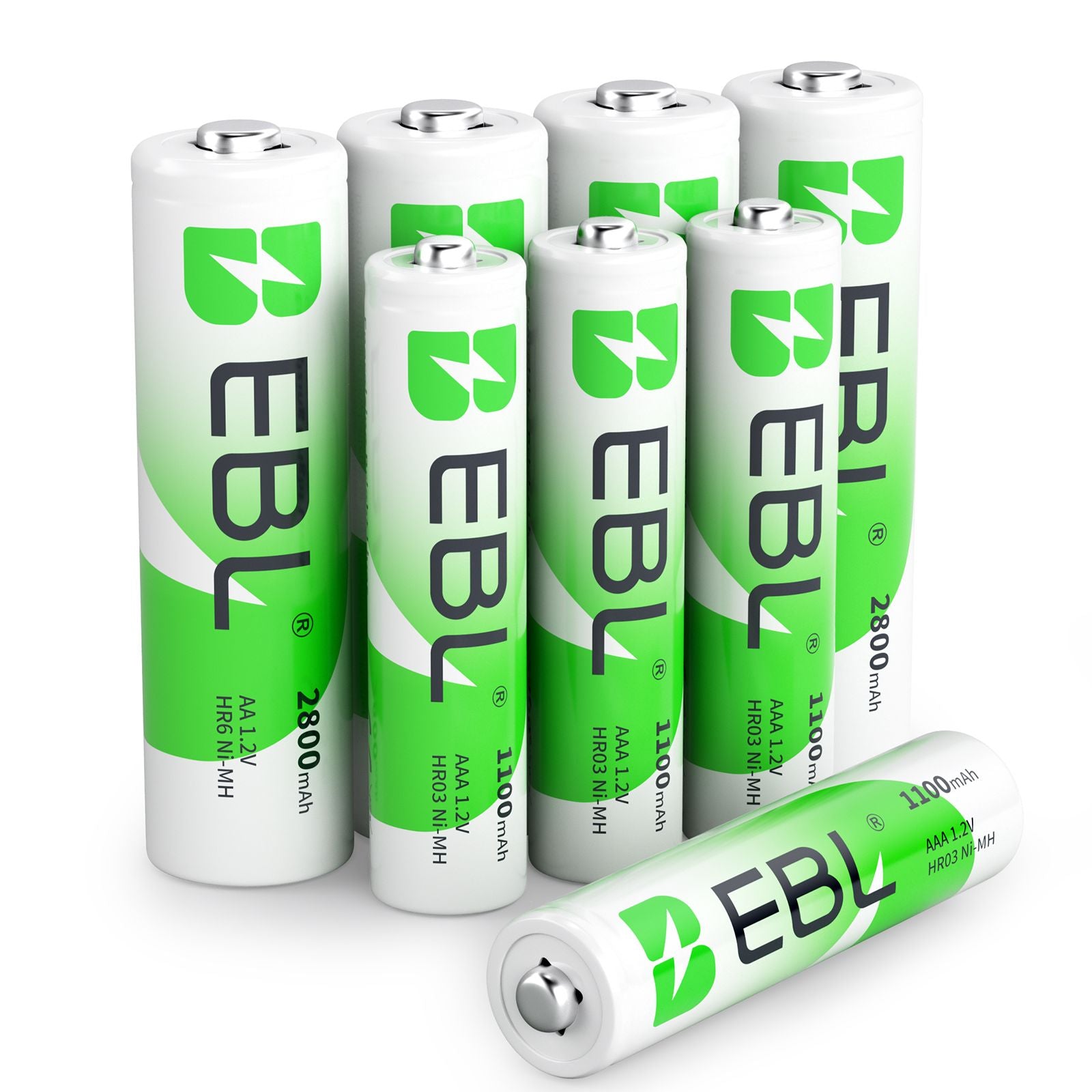
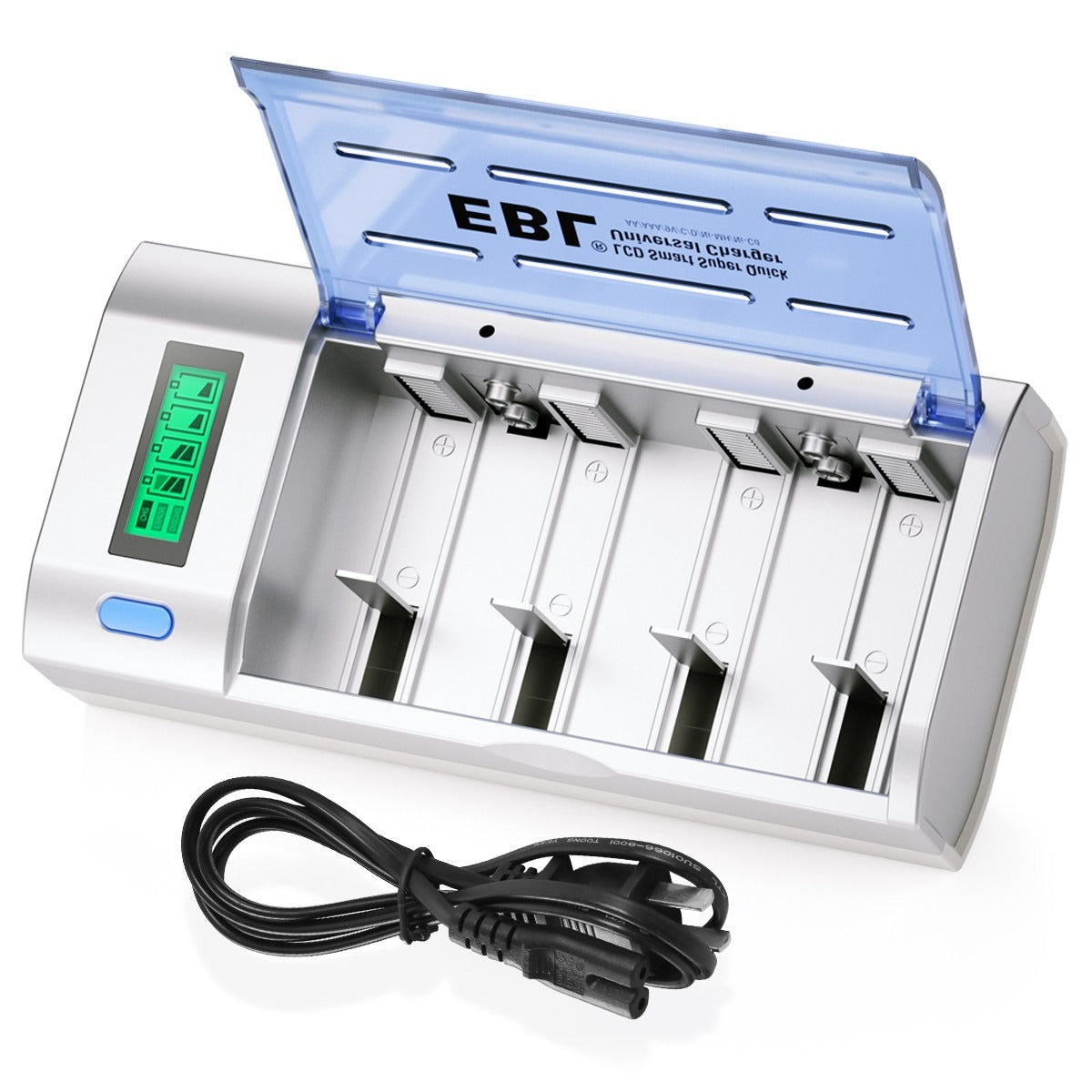
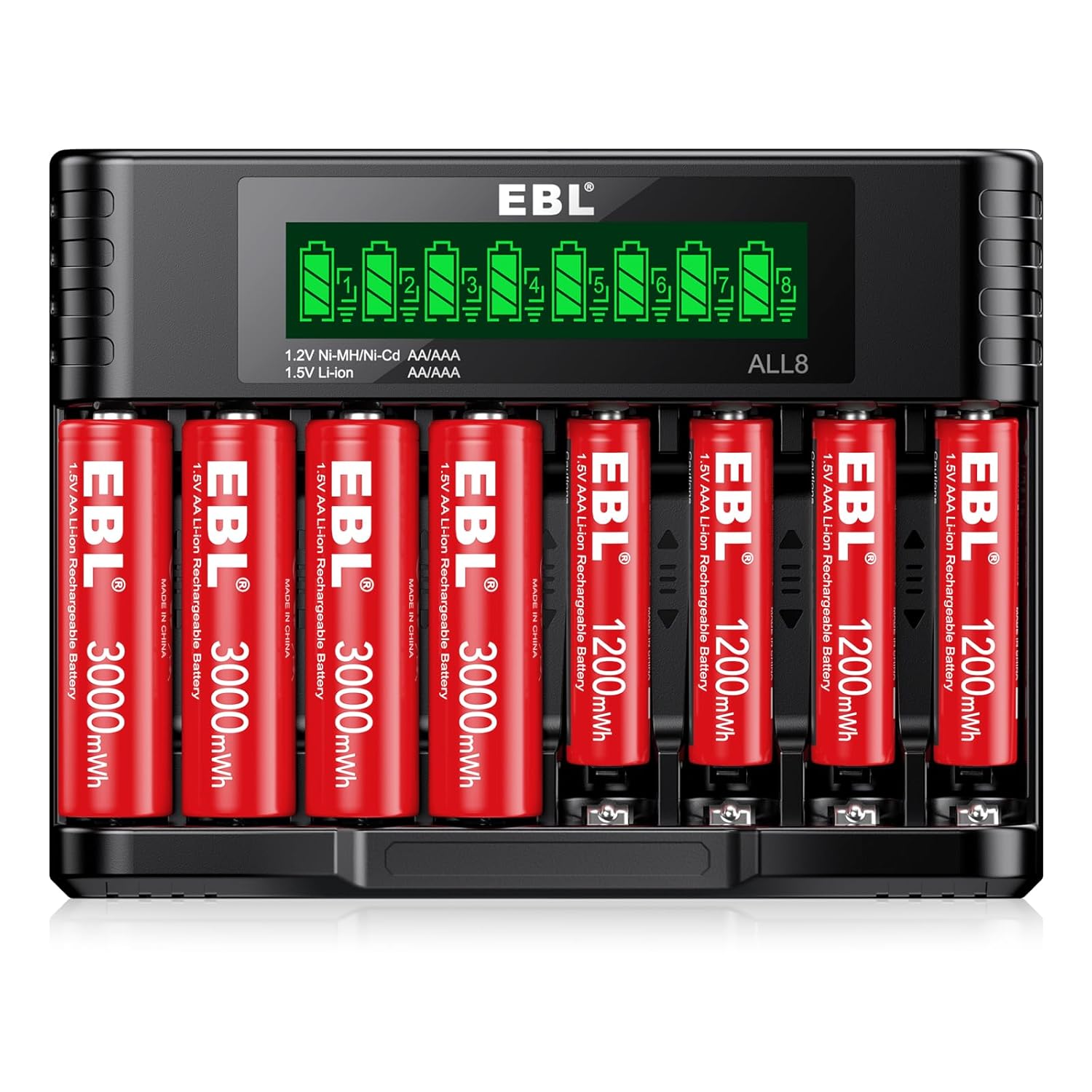
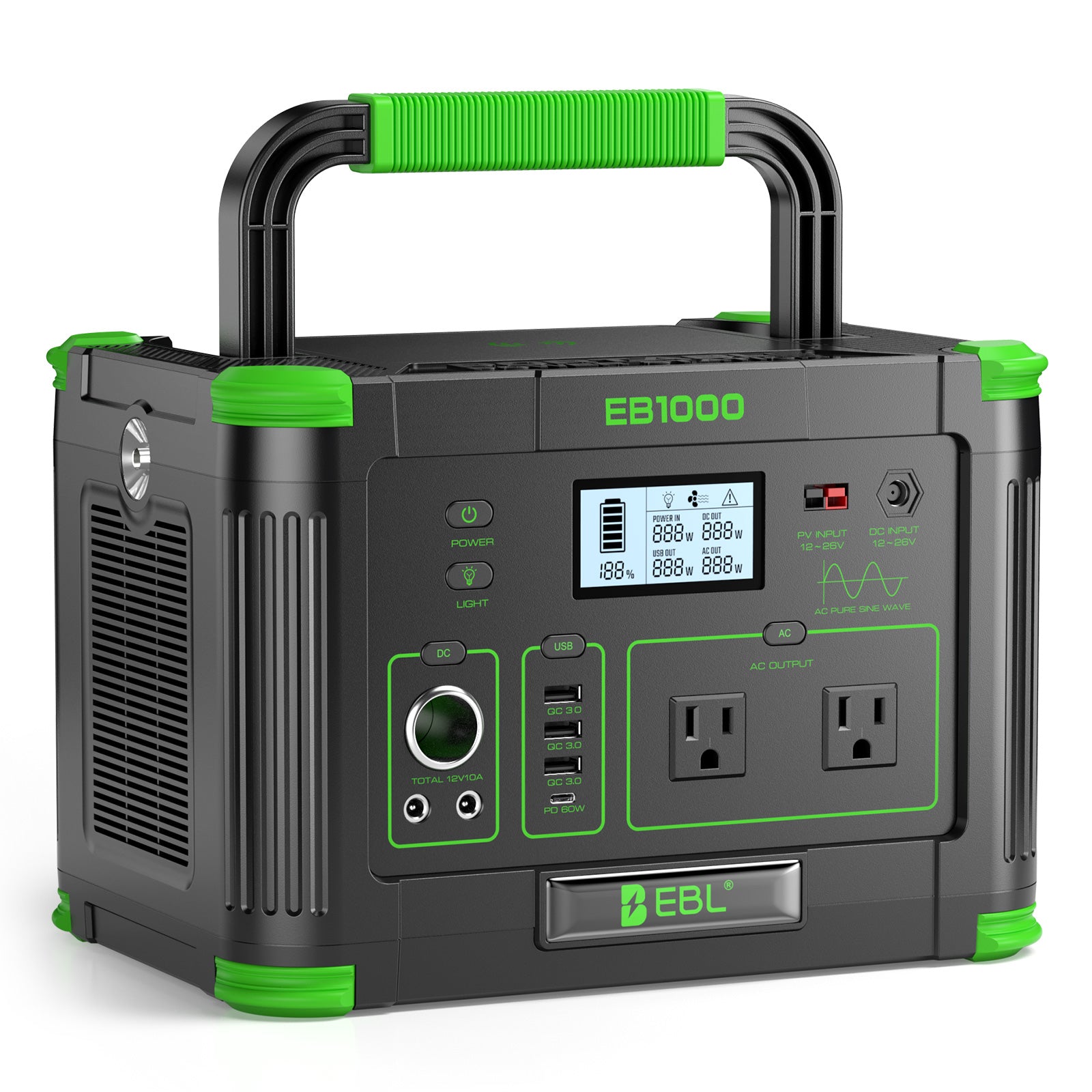
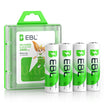
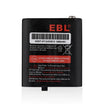
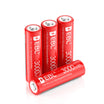
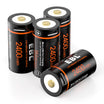
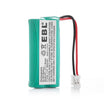
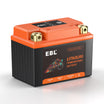
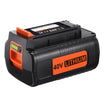
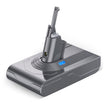
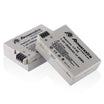
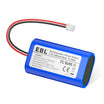
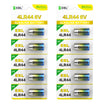
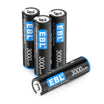

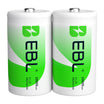
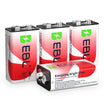
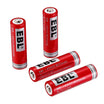
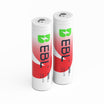
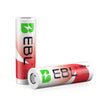
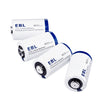

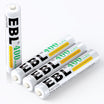

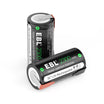
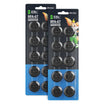

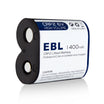
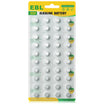
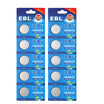
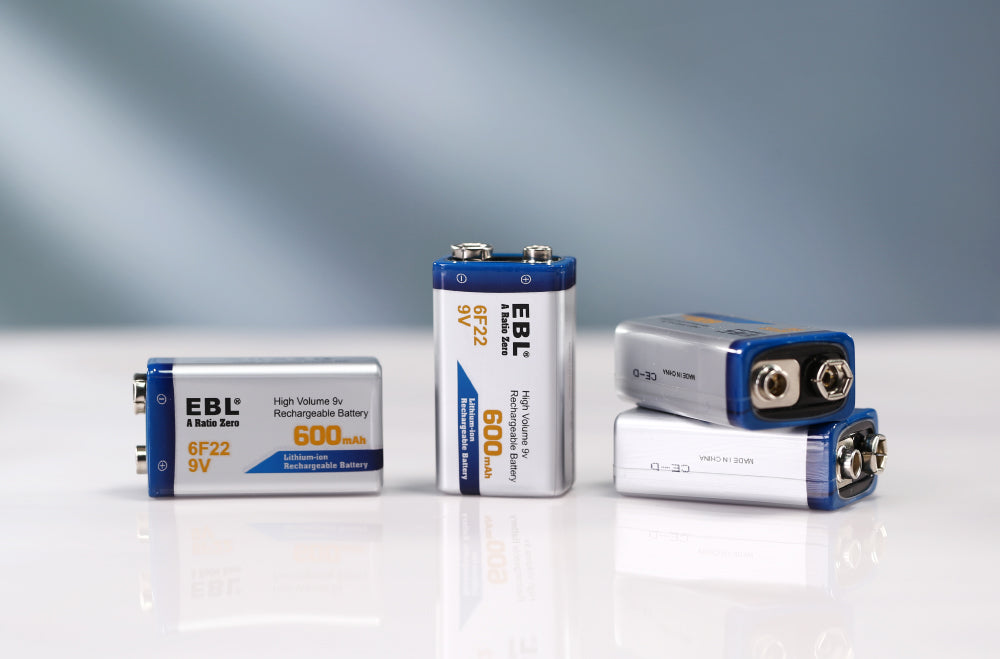

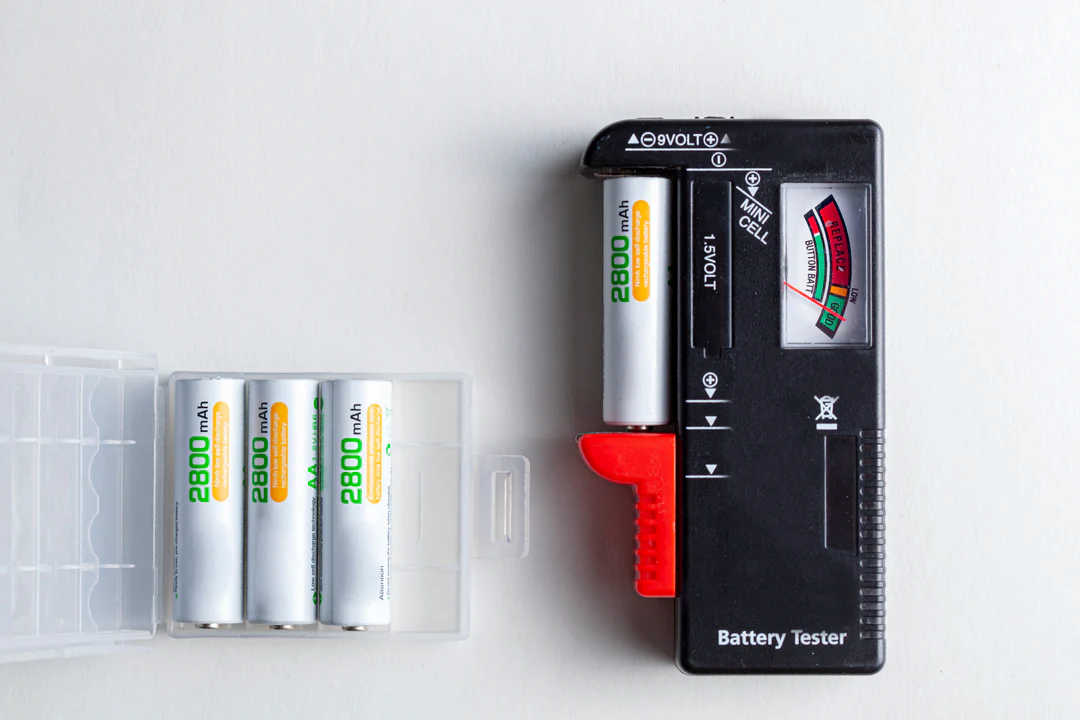
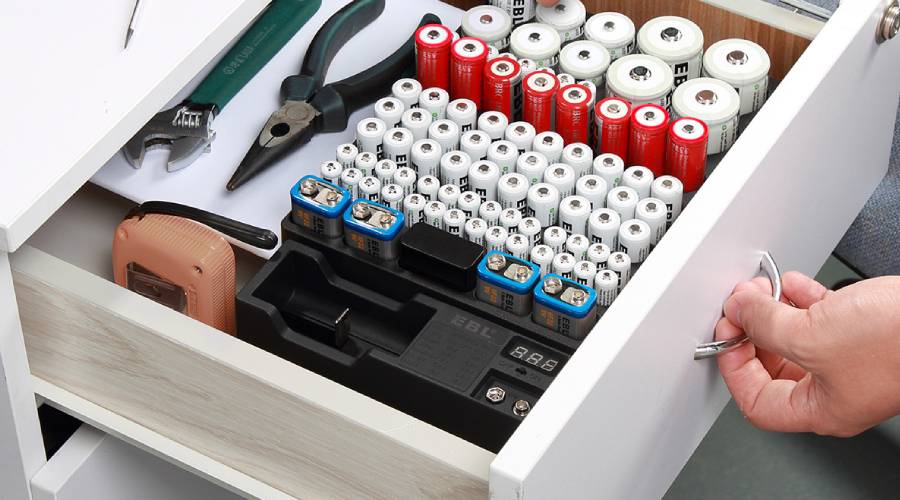
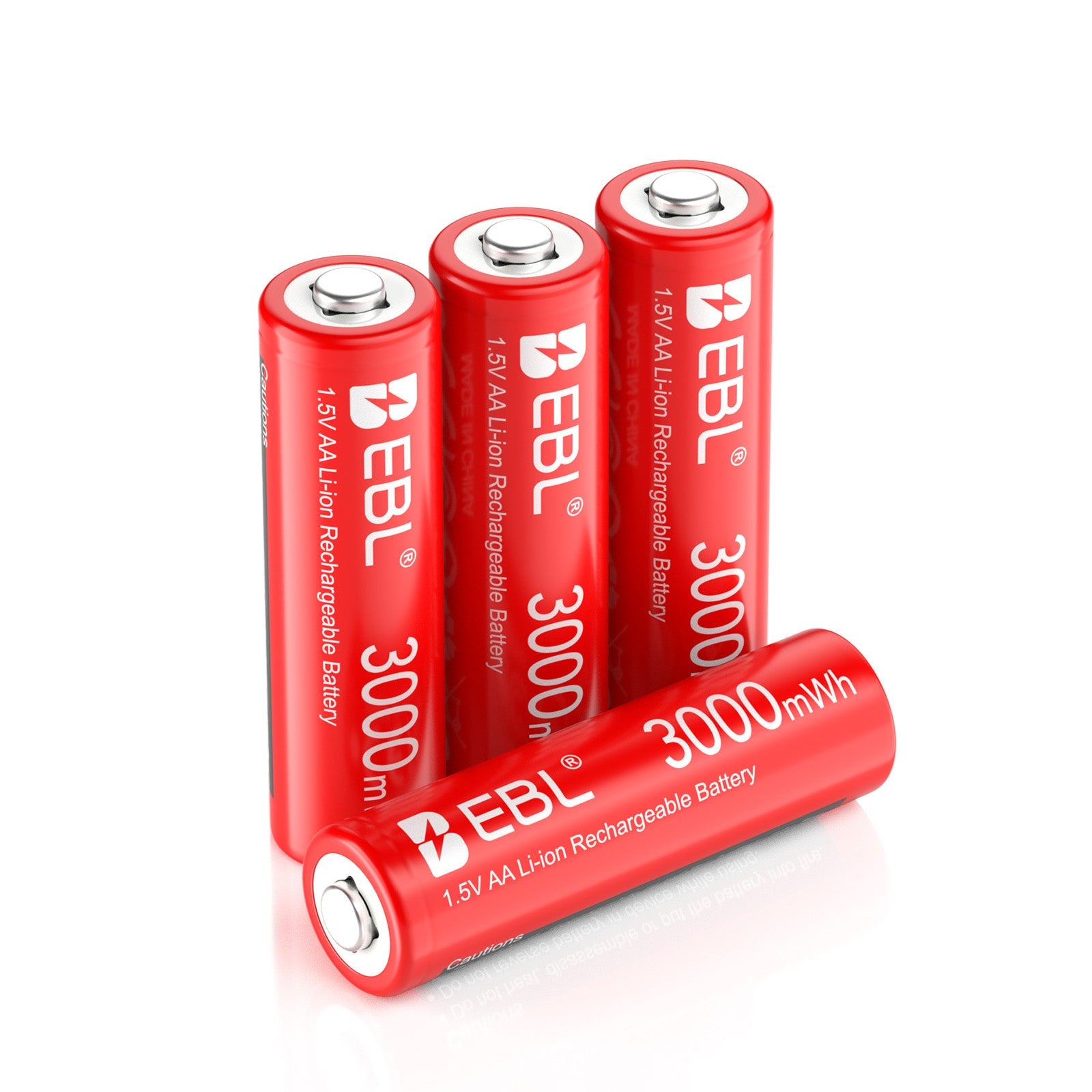
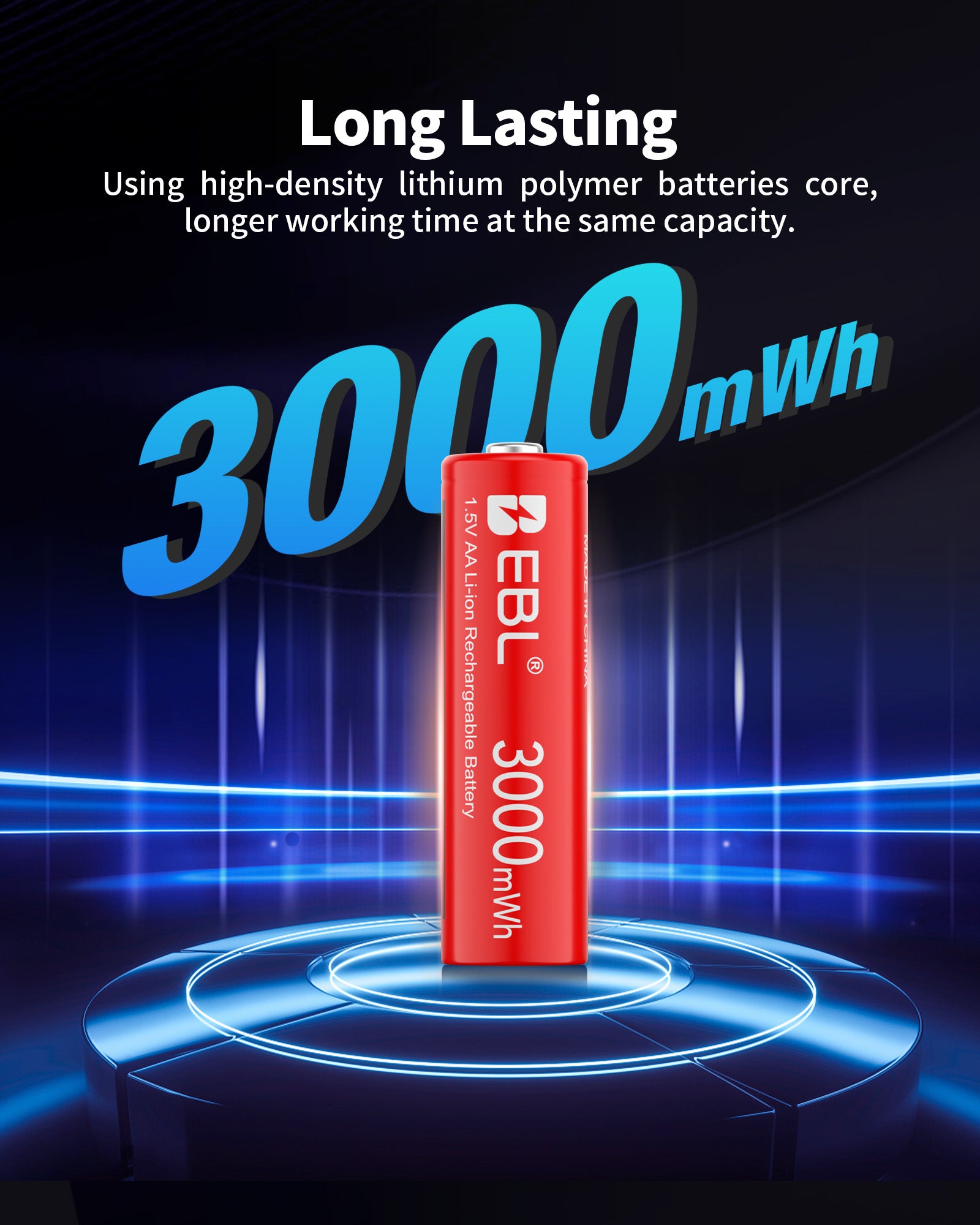
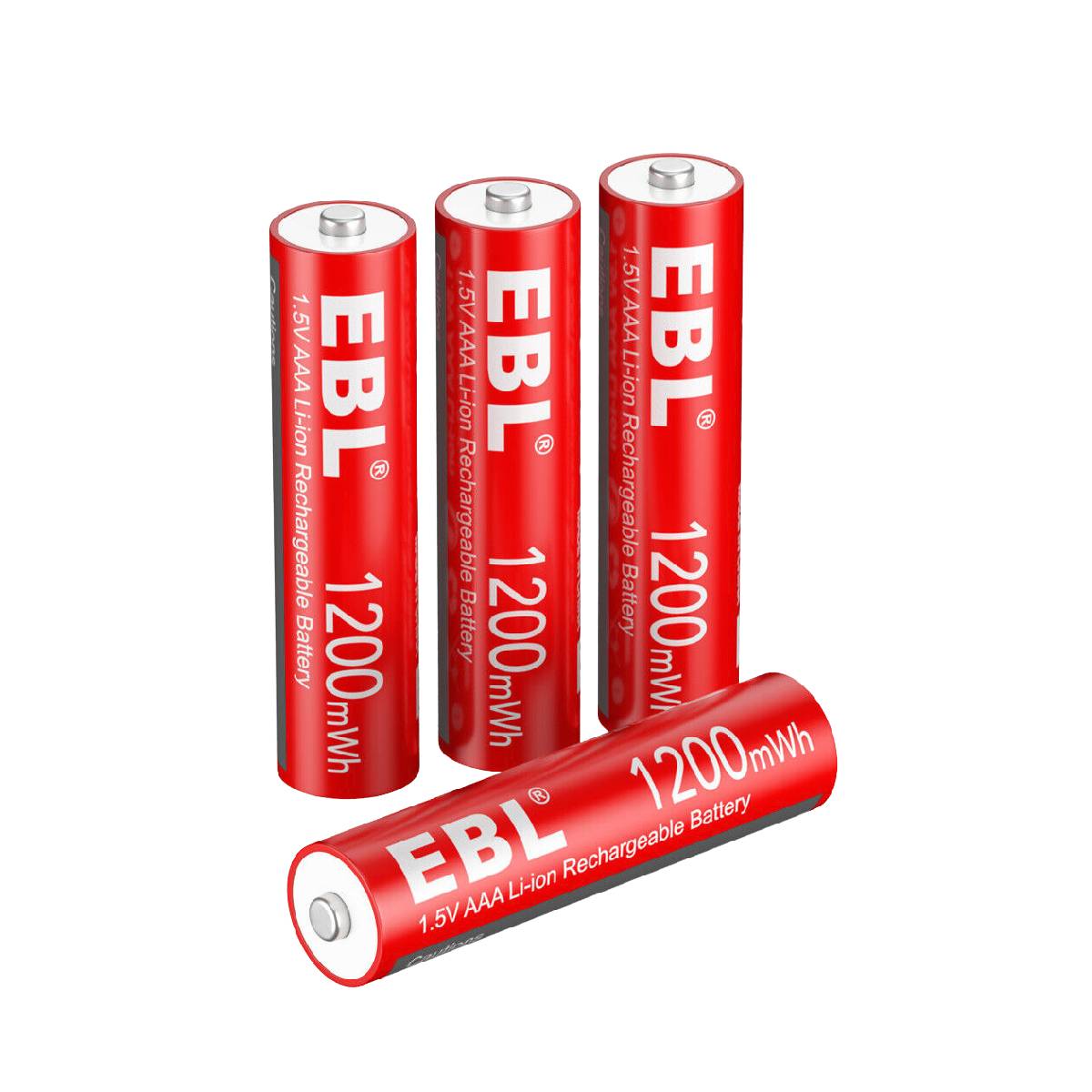
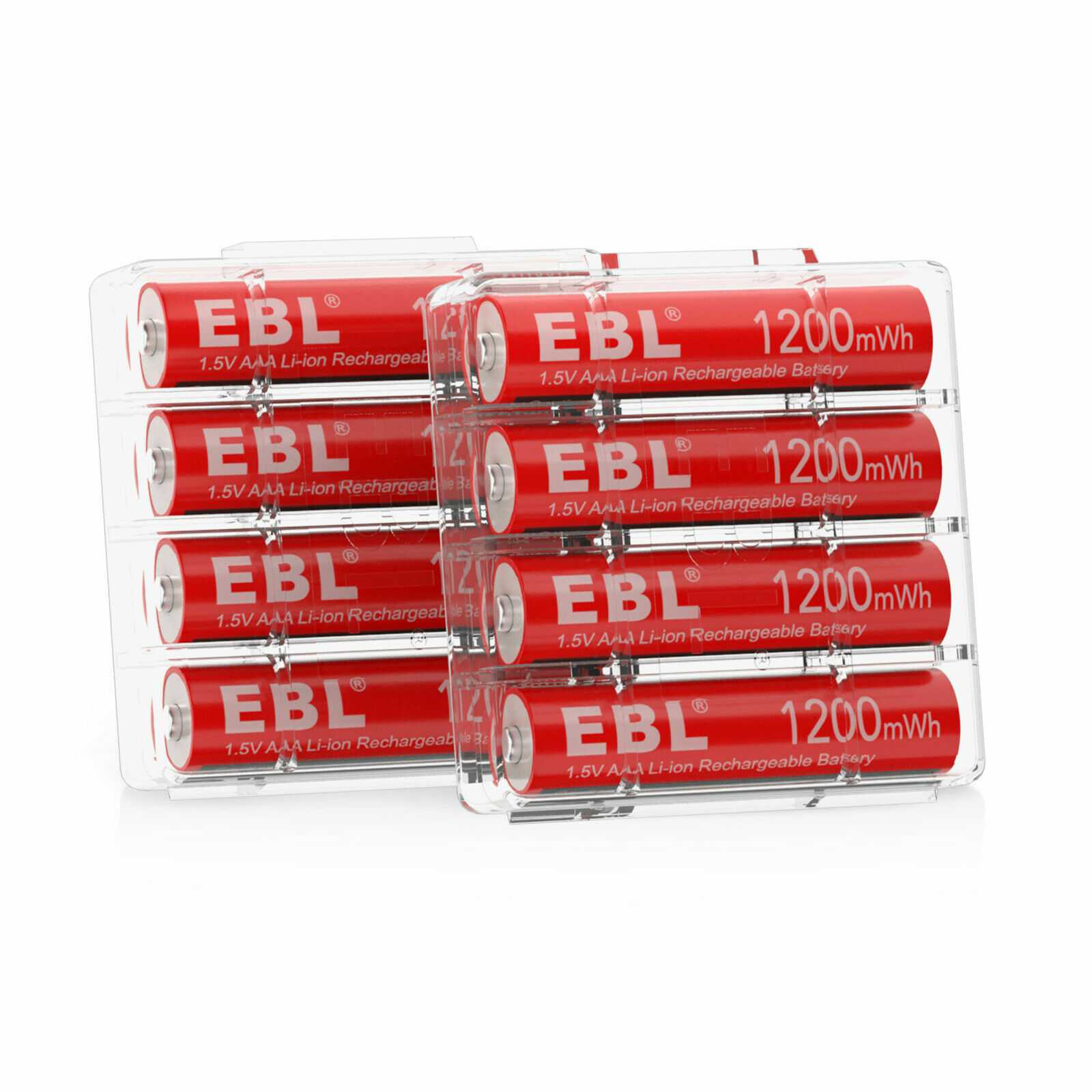
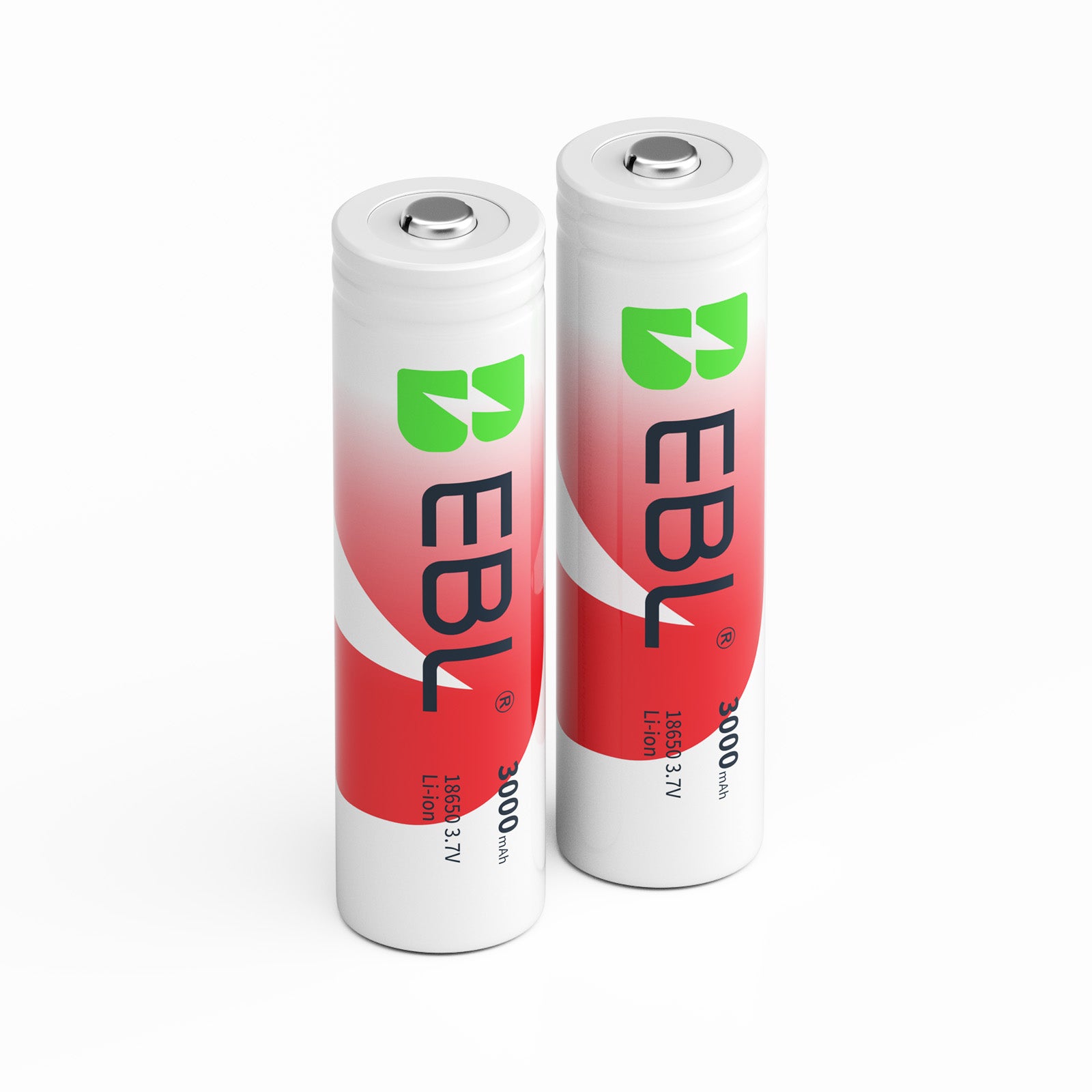
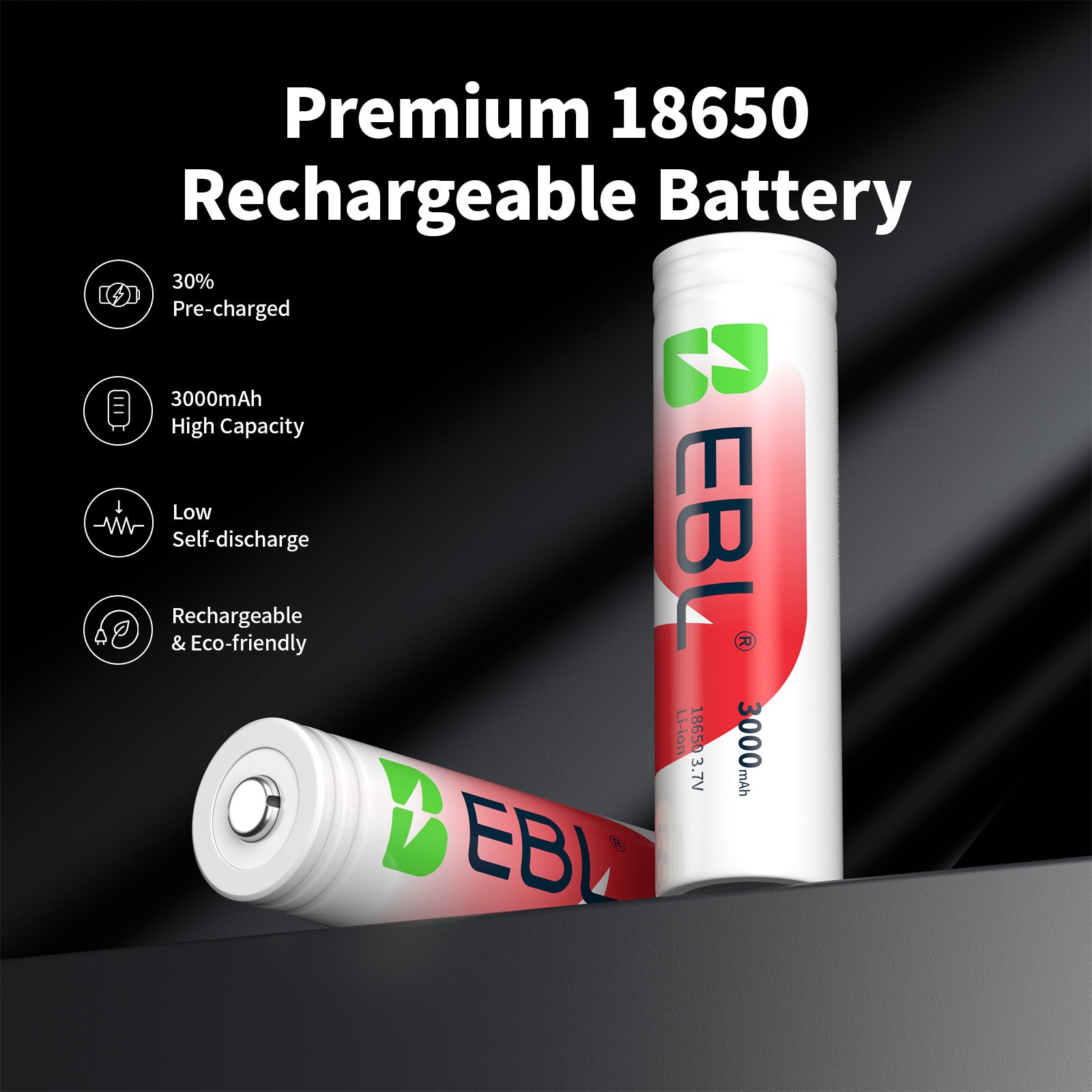
Leave a comment
All comments are moderated before being published.
This site is protected by hCaptcha and the hCaptcha Privacy Policy and Terms of Service apply.